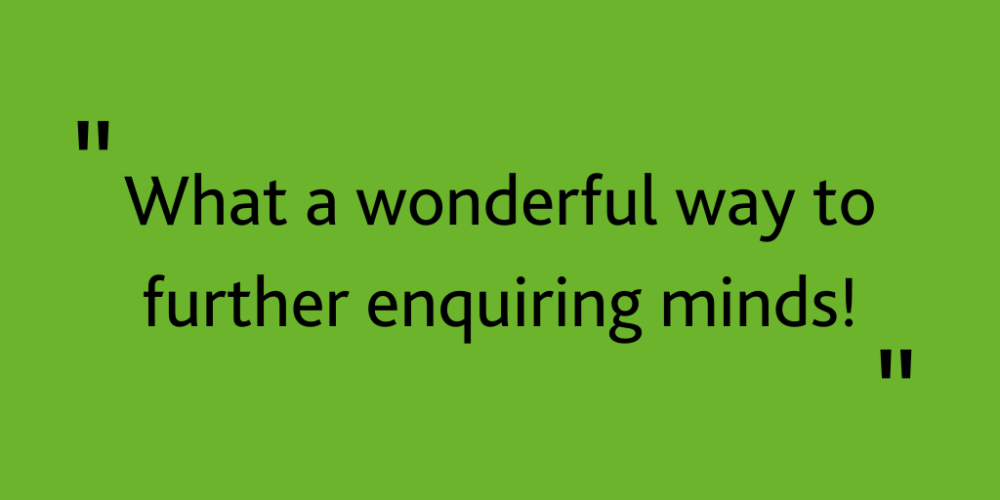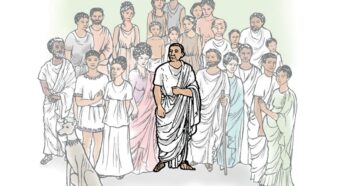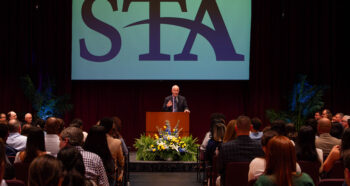Chisipite Senior has been offering Cambridge Global Perspectives at AS Level for the past 12 years. In 2016, we began piloting the Lower Secondary programme, as the head, Mrs Lorraine Hill, felt that education should shift to meet the needs of the 21st century workplace and that Cambridge Global Perspectives offered a way to bridge the gap.
Cambridge Lower Secondary Global Perspectives is made up of a series of ‘Challenges’ that practise the skills of research, analysis, evaluation, reflection, collaboration and communication. We have 12 teachers directly involved in leading the six ‘Challenges’ that we deliver over the course of two years. We chose to involve many teachers so they appreciate the value of the programme and are aware of the skills being nurtured so they can develop them further in their own everyday lessons. We wanted to integrate Cambridge Global Perspectives in a way that meant it was not seen as a stand-alone “subject”.

The process, not the product
Drawing up a lesson plan before a Challenge guides time management and reminds one to focus on the skills rather than the content. The learners can then explore, practise and develop the skills being targeted. As a result, I’ve been able to take 50 learners at a time, and at the end of a two-hour session I’m exhilarated rather than exhausted! The students enjoy being engaged, and you know it has been successful when at the end of a Challenge they ask if there is a Cambridge Global Perspectives Club. There are no tests or exams on the Challenges, which is a paradigm shift for traditional teachers and pupils. There is no right or wrong answer, instead answers should be substantiated. It allows for more creativity and there is less pressure all around as it works on the process rather than the product.
The whole of our Year 8 and Year 9 learners (100 in each year group) are exposed to the Challenges. The Challenges are flexible, enabling us to adapt them to our needs and timetable. Our science and geography departments chose Challenges that suit the subject, such as health and disease, demographic change and human rights. They carry them out during their lessons towards the end of the school year but focus on the skills rather than the topic. The English department chose the “Beliefs about food” challenge to develop analytical skills. It carries out the challenge in a collapsed timetable over two mornings, a total time of four and a half hours. Challenges are designed to be six hours long, but can be longer if the time is available, or activities can be removed to make them shorter, so long as the skill focus is not altered.
An adaptable framework
The programme is designed for ages 5-14. Our learners are 12 years old when they join Chisi, meaning currently they have a lower skill set than the programme is designed for. We therefore adapt where need be to suit the level they are at. The Challenges can also be adapted to suit the culture of a country, the age of the learners and the resources available.
Teaching Cambridge Global Perspectives at primary level would benefit us tremendously so that learners start senior school with a better understanding of research, analysis, evaluation, communication, collaboration and reflection.
Positive feedback

The response from candidates that write the individual research project for the Cambridge Lower Secondary Checkpoint Global Perspectives assessment at the end of the final year has been positive and heartening, and they all finish their reports feeling they have gained valuable skills. In my opinion, Cambridge Assessment International Education has stepped out of the box by offering this skills-based programme from age 5 – 14, what a wonderful way to further enquiring minds.
I have seen research, evaluation and reflection skills improve in the pupils since the introduction of Cambridge Global Perspectives. These are areas where the students have had little previous exposure. The programme has encouraged teachers to engage more active learning approaches. As it has now been three years since we started piloting the Lower Secondary programme, I’m interested to see what changes the AS Level Global Perspectives teachers see in a couple of years’ time.
I would advise any schools thinking about introducing Cambridge Primary and Lower Secondary Global Perspectives to take the opportunity to do so. With so much emphasis on social media, it is imperative that children are able to evaluate misinformation and are able to communicate face-to-face. Twenty-first-century skills need to be developed for an ever-changing workplace. It is exciting to grow more independent, active and lifelong learners using this enquiry-based approach. Accept that change is inevitable, adopt a positive attitude and enjoy the paradigm shift from teaching content to developing skills.





